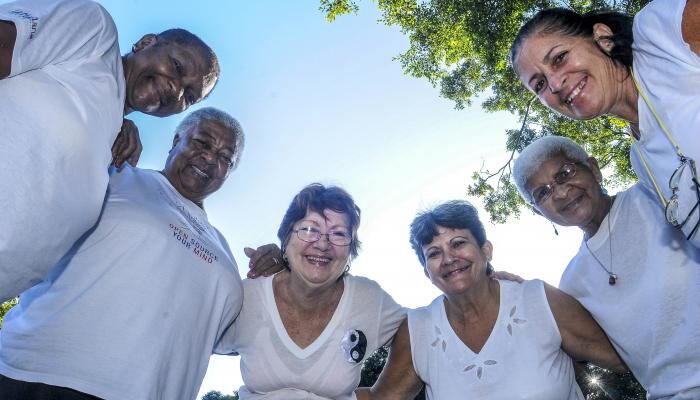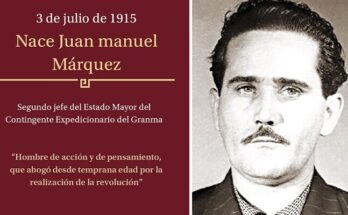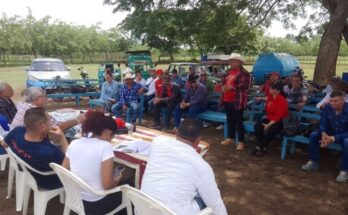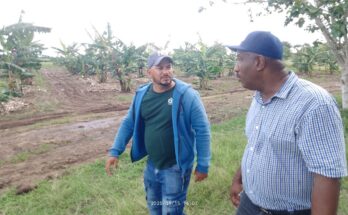Florida, Feb 4.- Older adults do not always receive the treatment and consideration they deserve from families; there are cases that do not have people, are mistreated or abandoned by their relatives or give up living with them due to lack of recognition.
Some of the most recurring criteria or complaints point to loneliness, lack of acceptance, disaffection as the main problems.
In a socialist society like ours, the State and the Government are aware of these realities and maintain a constant concern for achieving satisfactory aging and the best quality of life for the elderly, and the new Family Code Cubanas represents, without a doubt, the most recent and integrating example of that will.
With this norm, recently approved by the majority of the Cuban electoral population, the Law is reinforced to transform reality and give legal protection to the elderly, grandparents and grandmothers in the face of unfavorable situations or limitations that are manifested in many Cuban families who forget their role in the care and protection of the elderly.
The current Code proscribes all manifestations of discrimination and violence to which people of this age group may be exposed within family and social relationships.
Among the relevant issues that it contemplates is the figure of de facto guardian, referring to the possibility that a person without judicial or administrative designation, that is, voluntarily, is in charge of ensuring the well-being of the elderly, an aspect that avoids abandonment situations.
However, and even when the caregiver is fundamental in the system, the institutions and family support networks and others have to function efficiently.
Other benefits of the new Family Code prevent the unwanted entry of the elderly to reception or specialized centers, since it allows the elderly to integrate into family groups, or their care is carried out by any individual, together with whom they can form a nucleus .
The new rules of the bond between families also address, and as a novelty, the self-regulation of future protection: the possibility of deciding on medical procedures, place of residence, life and work situations, along with other aspects, to organize the aging if it is not possible to do it directly in the future, with a view to guaranteeing autonomy and independence and the rights of the elderly.
When it carries out its task well, the family provides the elderly with love, security and enormous emotional support, and is called to be the best space to promote active and healthy ageing.





